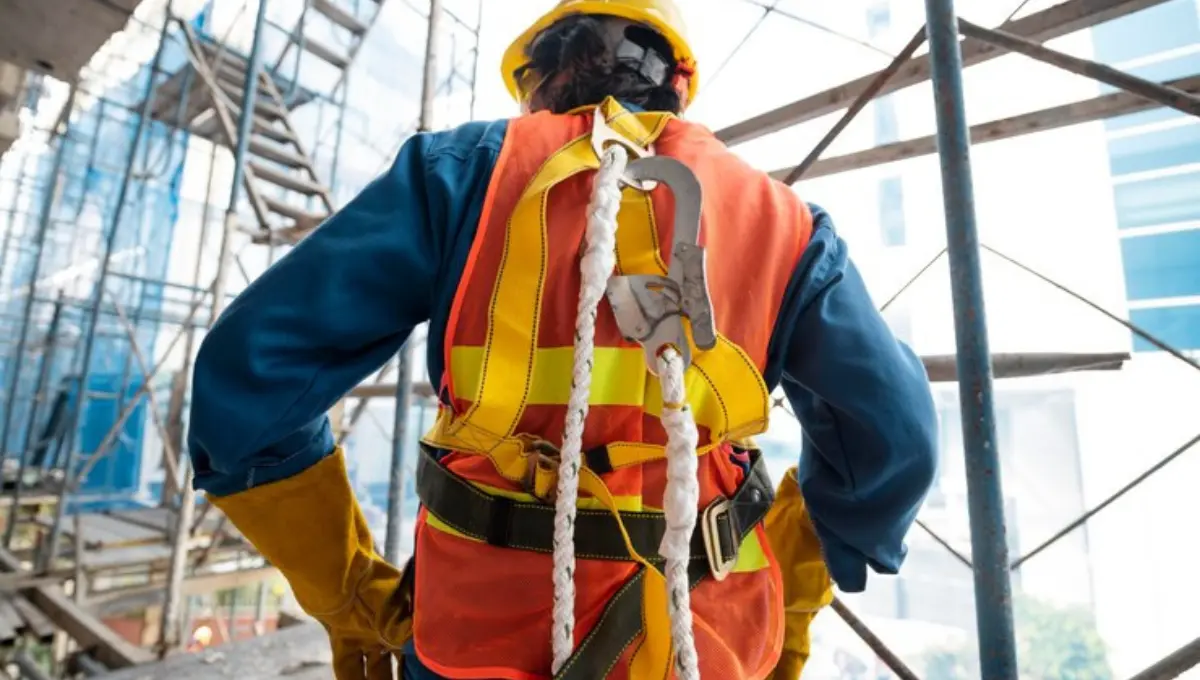In Pakistan, where construction is booming, ensuring the safety of workers is crucial. As the demand for new developments rises, choosing the best Construction Company in Rawalpindi & Islamabad that prioritizes safety is essential. Construction sites are inherently risky, but with the right practices, they can be safer and more productive. This article explores how to foster a culture of safety in Pakistan’s construction industry.
Understanding Construction Safety in Pakistan
Pakistan’s construction industry is growing rapidly, with projects ranging from residential buildings to expansive infrastructure developments. However, the industry faces significant challenges regarding safety. Reports of workplace accidents and injuries highlight the need for structured safety management approaches. Factors contributing to these incidents include inadequate safety training, insufficient use of personal protective equipment (PPE), and a lack of compliance with safety regulations (LSI Keywords: Construction safety regulations, Construction industry trends).
Key Elements of a Safety Culture
Leadership Commitment
At the forefront of building a safety culture is leadership commitment. Construction companies in Pakistan must demonstrate unwavering dedication to safety by prioritizing it in corporate policies and strategies. Leaders should allocate sufficient resources for safety initiatives, promote a zero-tolerance policy towards safety violations, and actively participate in safety programs and inspections.
Empowering Workers
Empowering workers to actively participate in safety protocols is crucial. In Pakistan, where construction labor often faces challenging working conditions, engaging workers in safety initiatives fosters a sense of ownership and responsibility towards safety outcomes. Establishing safety committees comprising workers from diverse backgrounds and roles encourages open communication and the identification of potential hazards.
Implementing Safety Protocols
Establishing Clear Policies and Procedures
Adopting comprehensive safety policies tailored to local regulations, such as those outlined by Pakistan’s Occupational Safety and Health Administration (OSHA), lays the foundation for a safe working environment. Hiring Local Contractors for Construction who adhere to these policies is critical for project success and worker well-being. Regular safety audits and inspections ensure compliance and identify areas for improvement.
Role of Safety Committees and Officers
Designating safety officers and forming safety committees promote accountability and proactive risk management on construction sites. These committees play a pivotal role in conducting safety meetings, identifying potential hazards, and implementing corrective measures. By involving workers in safety decision-making processes, companies foster a collaborative safety culture that enhances overall site safety.
Promoting Safety Through Communication and Training
Effective communication and ongoing training are pivotal in maintaining a safety culture. Regular toolbox talks, safety meetings, and workshops on topics like hazard recognition and emergency response equip workers with the knowledge and skills needed to mitigate risks effectively.
Innovations in Construction Safety
Embracing technological advancements can significantly enhance safety on construction sites. Technologies such as real-time monitoring systems, wearable devices, and digital safety checklists streamline safety processes and provide real-time insights into potential hazards.
Conclusion
In conclusion, building a culture of safety in Pakistan’s construction industry requires concerted efforts from all stakeholders. Leaders must lead by example, workers must actively participate in safety initiatives, and regulatory compliance must be strictly adhered to. By prioritizing safety, companies not only protect their workforce but also improve project efficiency and reputation. Moving forward, continued investment in safety training, technological advancements, and regulatory compliance will further strengthen Pakistan’s construction industry’s safety landscape.
FAQS:
Why is building a safety culture important in Pakistan's construction industry?
Building a safety culture is crucial in Pakistan’s construction sector to protect workers from hazards, reduce accidents, and enhance overall project efficiency. It promotes a proactive approach to safety, ensuring compliance with regulations and fostering a positive work environment.
How can construction companies in Rawalpindi & Islamabad ensure they are the best choice for safety-conscious clients?
Construction companies can differentiate themselves by prioritizing safety through robust safety policies, regular training programs, and investing in advanced safety technologies. Demonstrating a commitment to worker safety not only attracts clients but also enhances industry reputation.
What role do local contractors play in promoting safety on construction sites?
Local contractors play a vital role in promoting safety by adhering to safety regulations, providing adequate training to their workforce, and maintaining open communication with project stakeholders. Their understanding of local conditions and regulations contributes to safer construction practices.
How can construction companies overcome challenges in implementing a safety culture?
Challenges in implementing a safety culture include resistance to change, resource constraints, and varying levels of safety awareness among workers. Companies can overcome these challenges by fostering leadership commitment, engaging workers in safety initiatives, and continuously evaluating and improving safety practices through feedback and audits.




Comments are closed